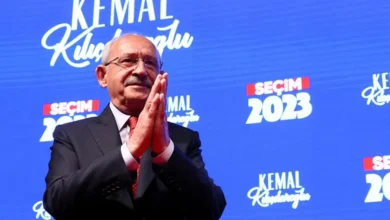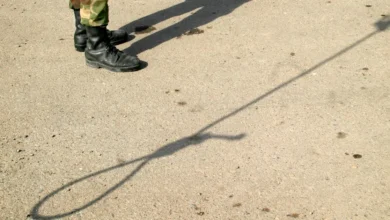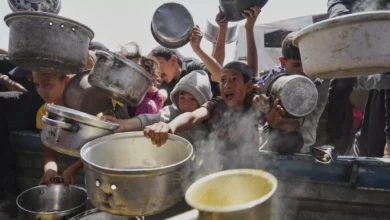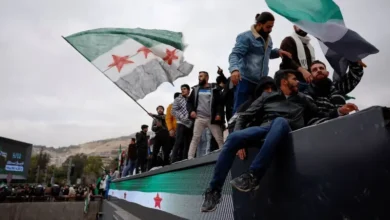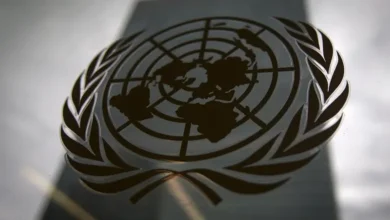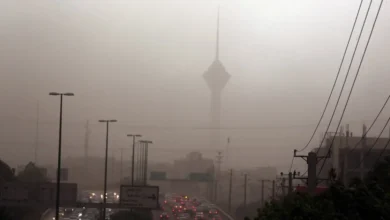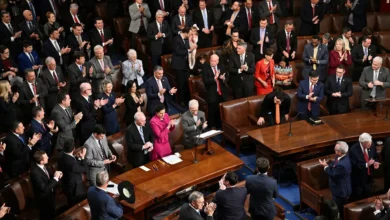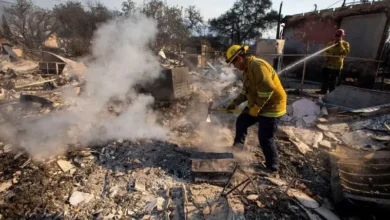Bangladesh’s Sheikh Hasina warns of mass voter boycott as her party barred from election
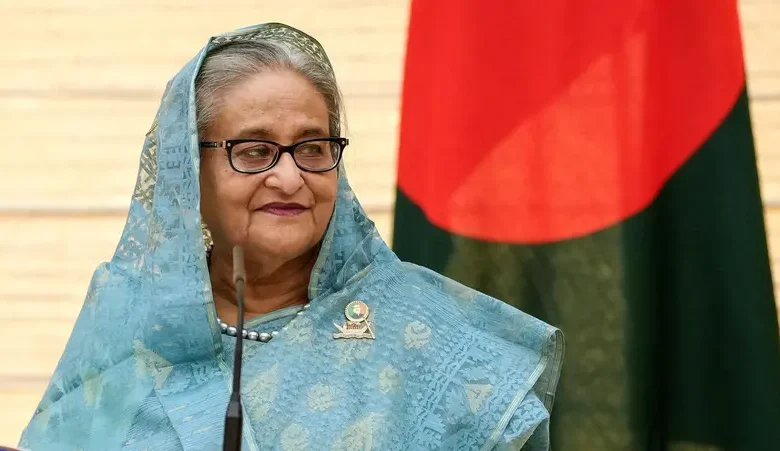
Millions of supporters of Bangladesh’s Awami League will boycott next year’s national election, after the party was barred from contesting the polls, ousted Prime Minister Sheikh Hasina said on Wednesday from her exile in New Delhi.
Hasina, 78, said she would not return to Bangladesh under any government formed after elections that exclude her party, and plans to remain in India, where she fled in August 2024 following a deadly student-led uprising.
An interim government headed by Nobel peace laureate Muhammad Yunus has governed Bangladesh since Hasina’s ouster and has pledged to hold elections next February.
“The ban on the Awami League is not only unjust, it is self-defeating,” Hasina said in emailed responses to Reuters — her first media engagement since her dramatic fall from power after 15 straight years at the helm of Bangladeshi politics.
“The next government must have electoral legitimacy. Millions of people support the Awami League, so as things stand, they will not vote. You cannot disenfranchise millions of people if you want a political system that works.
Ex-leader hopes Awami league will be allowed to contest
Bangladesh has over 126 million registered voters. The Awami League and the Bangladesh Nationalist Party have long dominated the country’s politics, and the BNP is widely expected to win the upcoming vote.
The Election Commission suspended the Awami League’s registration in May. Earlier, the Yunus-led government banned all party activities, citing national security threats and war crimes investigations into senior Awami League leaders.
“We are not asking Awami League voters to support other parties,” Hasina said. “We still hope common sense will prevail and we will be allowed to contest the election ourselves.”
She did not say if she or anyone else on her behalf was holding any back-channel talks with Bangladeshi authorities to let the Awami League participate in the polls.
Spokespeople for Yunus did not immediately respond to requests for comment.
Hasina, credited with transforming Bangladesh’s economy but accused of human rights abuses and suppressing dissent, won a fourth consecutive term in 2024. That election was boycotted by the main opposition, whose top leaders were either jailed or in exile.
The International Crimes Tribunal, Bangladesh’s domestic war crimes court, has concluded proceedings against Hasina, who faces charges of crimes against humanity over the violent crackdown on student protests in mid-2024.
According to a United Nations report, up to 1,400 people may have been killed during the protests between July 15 and August 5, 2024, with thousands more injured — most from gunfire by security forces — in what was the worst violence in Bangladesh since its 1971 war of independence.
Prosecutors also allege she oversaw enforced disappearances and torture of opposition activists through clandestine detention centers run by security agencies.
A verdict is expected on November 13.
